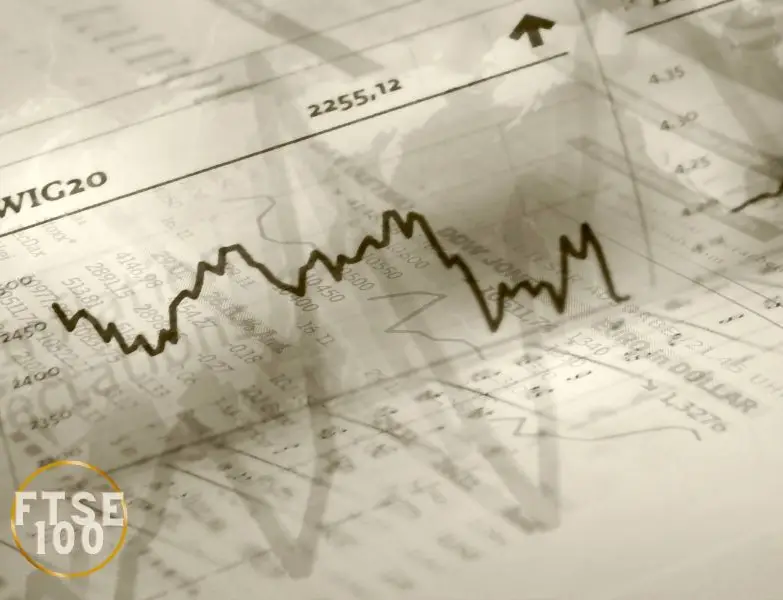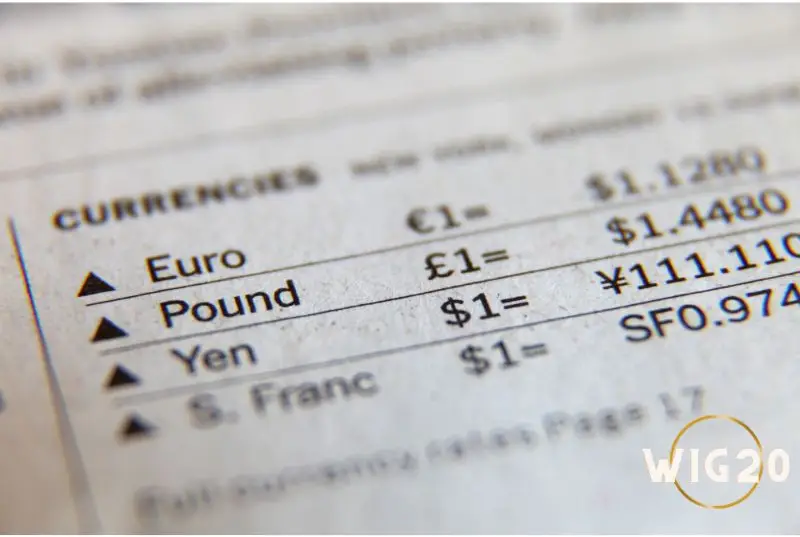Discover the dynamic world of the Japanese stock market, a hub of innovation and economic growth. With its strong influence on the global economy, investing in Japanese stocks offers unique opportunities for investors seeking diversification and potential high returns.
Some of the key stock indices in Japan include the Nikkei 225, which tracks the performance of 225 large-cap companies listed on the Tokyo Stock Exchange, and the TOPIX, which covers a broader range of companies across various industries.
How Does the Stock Market Work in Japan
In Japan, the stock market operates similarly to other major stock exchanges around the world. The Tokyo Stock Exchange (TSE) is the largest stock exchange in Japan where investors can buy and sell shares of publicly traded companies.
Investing in the stock market in Japan can be done through brokerage firms or online trading platforms. Investors can purchase individual stocks, mutual funds, exchange-traded funds (ETFs), and other financial products listed on the TSE.
When investing in Japanese stocks, it is important to do thorough research on the companies you are interested in and consider factors such as their financial performance, industry trends, and overall market conditions.
Some of the major stocks that generate profit in Japan include:
- Toyota Motor Corporation (7203.T)
- Sony Corporation (6758.T)
- SoftBank Group Corp. (9984.T)
- Honda Motor Co., Ltd. (7267.T)
- Nintendo Co., Ltd. (7974.T)
These companies are well-known globally and have a strong presence in various industries including automotive, technology, telecommunications, and entertainment.
Overall, investing in the stock market in Japan provides opportunities for investors to participate in one of the largest economies in the world and potentially earn returns on their investments over time.
What is the benefits of buying stocks in Japan
Investing in the Japan stock market offers several benefits, including:
1. Diversification: Adding Japanese stocks to your investment portfolio can help diversify your assets and reduce overall risk. Japan is home to a wide range of industries, including technology, automotive, and healthcare, providing opportunities for investors to spread their investments across different sectors.
2. Potential for growth: Japan is home to several multinational companies with strong global presence. Investing in these companies can offer potential for capital appreciation as they continue to expand their operations and reach new markets.
3. Stability: The Japanese stock market is known for its stability compared to other markets in the region. The country has a strong regulatory framework and corporate governance practices that help protect investors’ interests.
When investing in the Japan stock market, consider the following tips:
1. Research companies: Before investing in any stock, conduct thorough research on the company’s financial health, management team, competitive position, and growth prospects. Look for companies with strong fundamentals and a history of consistent performance.
2. Stay informed: Keep up-to-date with news and developments that may impact the Japanese stock market. Economic indicators, government policies, and global events can all influence stock prices.
3. Consider currency risk: When investing in foreign markets like Japan, be aware of currency fluctuations that can affect your returns. Consider hedging strategies or invest in currency-hedged funds to mitigate this risk.
4. Long-term perspective: Investing in the stock market requires patience and a long-term outlook. Avoid making impulsive decisions based on short-term fluctuations and focus on your investment goals over time.
In conclusion, investing in the Japan stock market can offer diversification, potential for growth, and stability to your investment portfolio. By conducting thorough research, staying informed, managing currency risk, and maintaining a long-term perspective, you can make informed decisions and maximize your returns in the Japanese market.
The main stock indices in Japan
Stock market indices are important indicators that reflect the overall performance of a specific stock market or a particular segment of it. In Japan, some of the most important stock market indices include the Nikkei 225, which tracks the performance of 225 large publicly traded companies listed on the Tokyo Stock Exchange; and the TOPIX (Tokyo Stock Price Index), which includes all companies listed on the first section of the Tokyo Stock Exchange.
Regulation of stock market indices in Japan is primarily overseen by the Financial Services Agency (FSA) and the Tokyo Stock Exchange. The FSA is responsible for ensuring that market participants adhere to regulations and guidelines to maintain fair and transparent trading practices. The Tokyo Stock Exchange, on the other hand, is responsible for calculating and disseminating index values in real-time.
The FSA sets rules and regulations related to listing requirements, trading practices, disclosure requirements, and investor protection measures to ensure the integrity of stock market indices in Japan. Market participants are required to comply with these regulations to maintain trust and confidence in the financial markets.
It is important for investors to pay attention to stock market indices as they provide valuable insights into market trends, sector performances, and overall economic health. By tracking these indices, investors can make informed decisions about their investment strategies and portfolio allocations.
In conclusion, stock market indices play a crucial role in providing a snapshot of market performance and trends. Regulation by authorities such as the FSA ensures that these indices remain reliable indicators for investors looking to navigate Japan’s financial markets effectively.
Recap: The stock market in Japan
The stock market in Japan is one of the largest and most important in the world. It plays a crucial role in the global economy, with many international investors closely monitoring its performance.
Japanese stocks are known for their stability and strong performance over the long term. The market is home to some of the world’s leading companies in industries such as technology, automotive, and healthcare.
Investing in Japanese stocks can be a smart choice for diversifying a portfolio and gaining exposure to a dynamic and innovative market. However, it is important for investors to carefully research and understand the unique characteristics of the Japanese market before making any investment decisions.
Overall, the stock market in Japan offers opportunities for growth and profit, but like any investment, it also comes with risks. Keeping a close eye on market trends and staying informed about economic developments can help investors make sound decisions and navigate the complexities of this important financial market.




























































